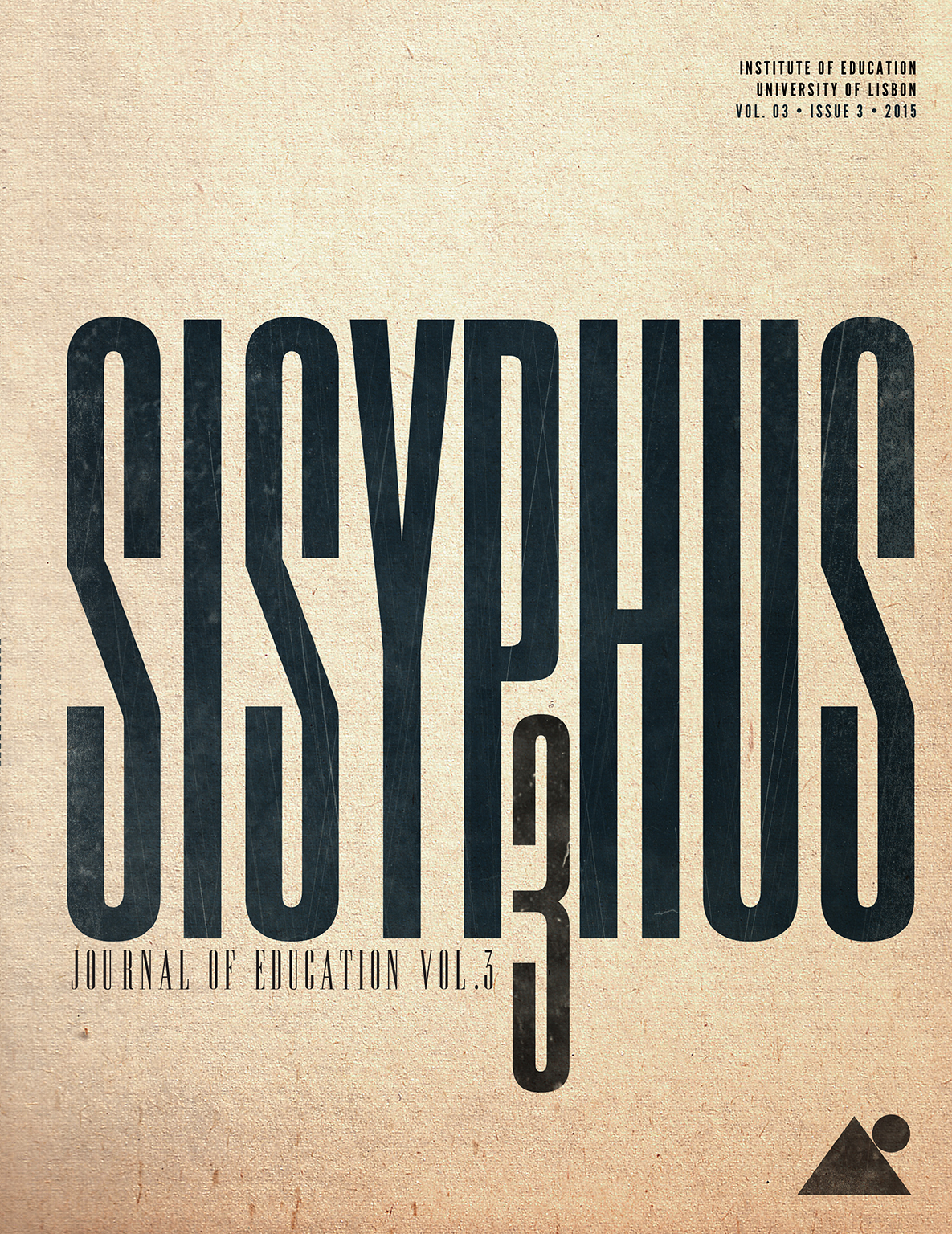Training the Human Animal: Biopolitics and Anthropotechnics
DOI:
https://doi.org/10.25749/sis.8909Palabras clave:
Government, Conduction, Training, Individualization, LearningResumen
This article presents a reflection about the training process, the culture of the human animal. Based on analyses by Nietzsche, Foucault and Sloterdijk, we argue that the recognition of humans as a technical animal was the basis for modern government art. It analyzes the demographic policy of the dawn of modernity that was one of the first biopolitical operations, the result being the overproduction of biological humans and the subsequent emergence of a set of disciplinary anthropotechnics for its government. The unforeseen surplus of this technique operation was the essential requirement for the configuration of the rationality of liberal government with its liberal anthropotechnics and with them the mass production of sovereign human beings: mobile and flexible identities that self-produce, through the Operation of techniques that can choose according to their own needs and desires.Descargas
Descargas
Publicado
Número
Sección
Licencia
Copyright (c) es propiedad de Sisyphus – Journal of Education. Sin embargo, alentamos que los artículos publicados en la revista se publiquen en otro lugar, siempre que se solicite el permiso de Sisyphus y los autores incorporen nuestra cita original y un enlace a nuestra página web.
Política de Autoarchivo
Los autores pueden autoarchivar la versión final publicada de sus artículos en repositorios institucionales, temáticos o páginas web personales e institucionales.
Suscriptor de DORA
El Instituto de Educação de la Universidade de Lisboa, editor de Sisyphus, es uno de los suscriptores de la Declaración de San Francisco sobre la Evaluación de la Investigación (DORA).





